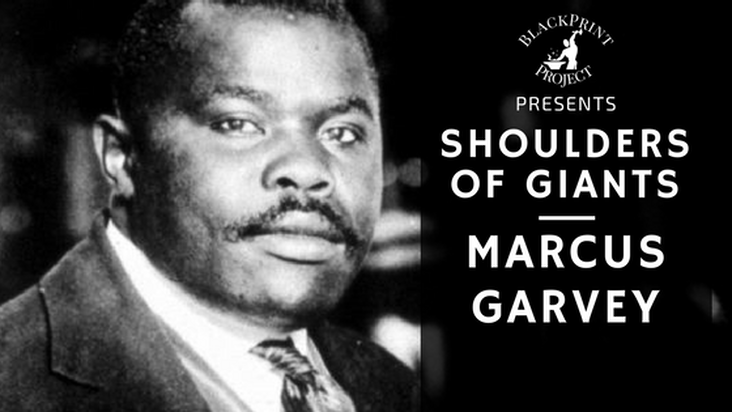|
January 8, 2014
|
From the Inkwell of: Bartholomew J. Worthington III
|
|
Born - August 17, 1887
Died - June 10, 1940 Marcus Moziah Garvey, the man who would become one of the foremost authorities on Pan Africanism was born in St. Ann's Bay, Jamaica, the youngest of 11 children. From a young age, Garvey would exhibit his spirit of activism, when, at 14, he led a strike at one of Jamaica's largest printing presses. Though the strike was unsuccessful, the effort sparked young Garvey to advocate for the rights of the working man. At only 17, Garvey left Jamaica and traveled extensively throughout Central and South America for a few years. He worked as a newspaper editor and chronicled the struggles of West Indian migrant plantation workers. In 1911, Garvey traveled to England, where he studied at Birbeck College for a short time. It is in London that Garvey connected with other Blacks who were working towards obtaining independence from the British Empire. It was from these Black intellectuals that Garvey learned anti-colonialism and African unity.
In 1914, Garvey brought these concepts with him back to Jamaica, where he founded the Universal Negro Improvement Association (UNIA). The stated goal of the UNIA was to unite all of African diaspora to "establish a country and absolute government of their own." Garvey was influenced by the American educator Booker T. Washington early on, and in 1916, Garvey traveled to America to expand his work. Garvey's arrival in America coincidentally coincided with the end of World War I. This era was marked by Black soldiers returning home after fighting to "defend" a nation that they would soon discover, was still resistant to the concept of Black equality. By 1919, Garvey and the UNIA had established the Black Star Line to transport African Americans back to Africa. The UNIA had also formed the Negro Factories Corporation, opened a chain of restaurants, a laundry service, a hotel and a printing press. They built a chain of grocery stores, organized their own trucking company, built schools and restaurants, and had numerous real estate holdings across the nation. From his base in Harlem, Garvey's UNIA would grow to a peak of 30 branches nationwide and boasted a membership of over 2 million members. Garvey's fall from grace was as rapid as his rise. In 1922, after the Black Star Line ran out of money, Garvey and some of UNIA's leaders were charged with and convicted of mail fraud. Garvey would serve 2 years of his five year sentence. In 1927, his sentence was commuted by President Calvin Coolidge, and he was deported back to Jamaica as an "undesirable alien." While Garvey would continue his work in Jamaica, he would never again achieve his earlier success. He moved to London in 1937 and continued to be fervent advocate for Black nationalism. He died in 1940 after suffering several strokes and was buried in London. In 1964, his remains were uncovered and taken to Jamaica, where he was honored as Jamaica's first national hero. While Garvey's UNIA and Pan African movement were short lived, it is impossible to overstate his legacy and impact. Garvey's philosophies and teachings would inspire numerous Civil Rights leaders, and serve as the catalyst for the Nation of Islam and Rastafarian movements. 3 Lessons
"Liberate the minds of men and ultimately you will liberate the bodies of men.”
Marcus Garvey
|
Popular Articles
2014 Quotes
|


